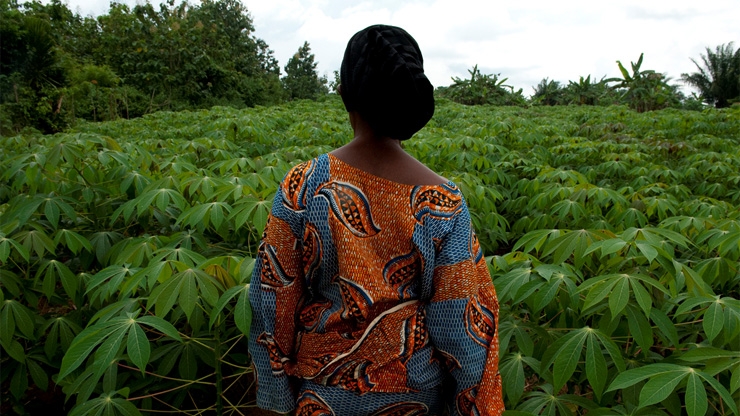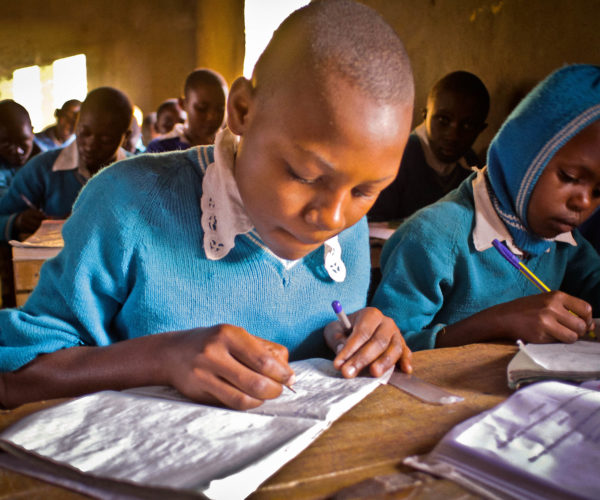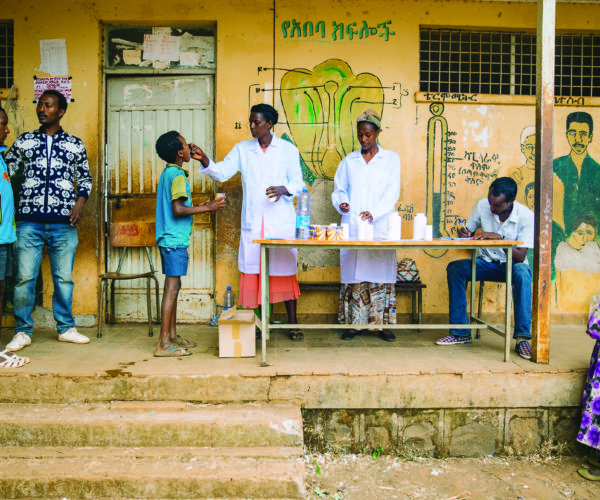Agriculture in West Africa and the Role of Fondation de France
September 24, 2018
Fondation de France (FdF), or as it is often referred to, “la Fondation de toutes les causes” (a foundation for all causes), serves a role similar to that of a community foundation—but for an entire country. FdF hosts more than 800 other foundations, including community, corporate, and private funders.
Given the breadth of its funders and the wide scope of issues in which it is involved, FdF often takes different approaches on similar programs. Two such programs involve scaling solutions around the issue of agriculture in West Africa.
The first is Promotion de l’agriculture familiale en Afrique de l’Ouest (Promoting Family Agriculture in West Africa, or PAFWA), done in conjunction with partner organization Comité Français pour la Solidarité Internationale (CFSI). PAFWA supports initiatives from African and international organizations to develop sustainable and dynamic family farming that can feed the growing population in the region. Its annual budget of approximately €500,000 comes primarily from flexible funds from FdF’s many donors and one private hosted foundation, and is completed by an annual allocation from the French government.
Launched in 2008, PAFWA has supported more than 200 projects, most of which run 3 years in duration and receive grants of approximately €50,000. CFSI manages the calls for proposals, and FdF, NGOs and the government of France participate on the project selection committee, selecting about 20 grantees per year. The ability to rely on CFSI drives significant efficiencies in the program. Karine Meaux, International Aid Program Manager, notes that, “CFSI has very quality people, is professional in managing the program. And it’s not just about their agriculture knowledge, but also the relationships between them, the funders and the farmer organizations.”
CFSI also manages the intensive learning dimension of the program, which FdF calls capitalization. Meaux notes, “It’s not an evaluation of achievements against goals or comparing grantees with each other, but rather a process including all the stakeholders to assess what good family agriculture practices are emerging.” FdF and CFSI publish books on what they learn through this reflection process about local production and consumption, and host forums on the internet where all partners can exchange ideas. Every six months, they select one issue for intensive discussion, culminating in a short summary paper. Karine Meaux notes that this process also provides field-based evidence that can influence the policies and practices of various ministries.
The second FdF fund for agriculture in West Africa is the Joint Action for Farmer Organizations in West Africa (JAFOWA), an idea operationalized in 2016 to strengthen the capacity of farmers in Burkina Faso, Senegal and Ghana.[1] Contributions come from the French Foundation, Italian-based foundations Cariplo and Compagnia di San Paulo, and the U.S.-based Foundation for Social Justice, and total about €500,000 per year. JAFOWA focuses on African farmer organizations that have the capacity to both support grassroots farmer organizations and to influence national policy-makers on agroecology. Its framework is a theory of change that was created with farmers and an Africa-based intermediary.[2]
The emphasis on networking is very strong. Meaux sees efficiency in combining the agroecology programs of multiple foundations, and in having funders from different countries. She notes that the collaboration helps them to spend less time and money on measurement and evaluation. There is also significant value in the differing perspectives, according to Meaux. “For the French funders it’s important to increase the capacity of African organizations; for the Italian funders it’s important to expand agroecology in Africa; for the American funders it is important to integrate a gender lens. Approaches differ according to culture and history and strengthen the work overall.”
One thing the two FdF collaboratives have in common is the enduring challenge of long-term involvement from foundations. When one drops out, another must be encouraged to replace it. “But then you have to restart the discussion and orient them, and each has a different priority, and we must revise our guidelines to take into account the new priorities of the new foundations that join the group, and I wonder – can we keep doing this? It’s very interesting, but we lose efficiency.”
Another source of commonality is the clear advantages and successes in both approaches. There is significant cross-learning and deep relationships formed by local organizations across wide geographies; in emergencies they can give money to partners fast, often first; and grantees are connected to each other and larger pools of funding. Ultimately, these are important to the positive transformation of agriculture in West Africa.
Back to News


